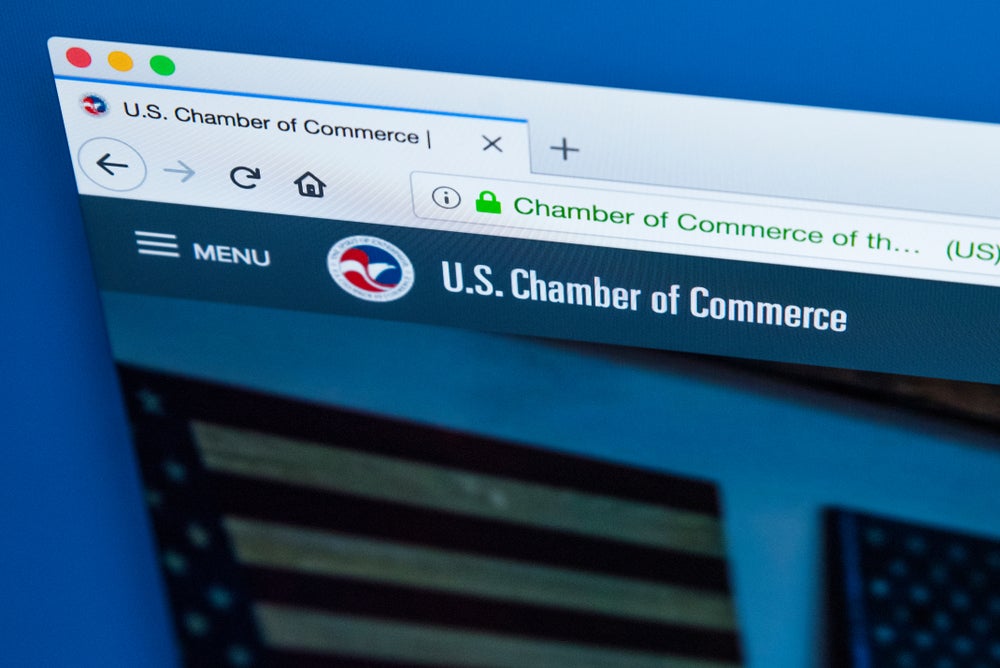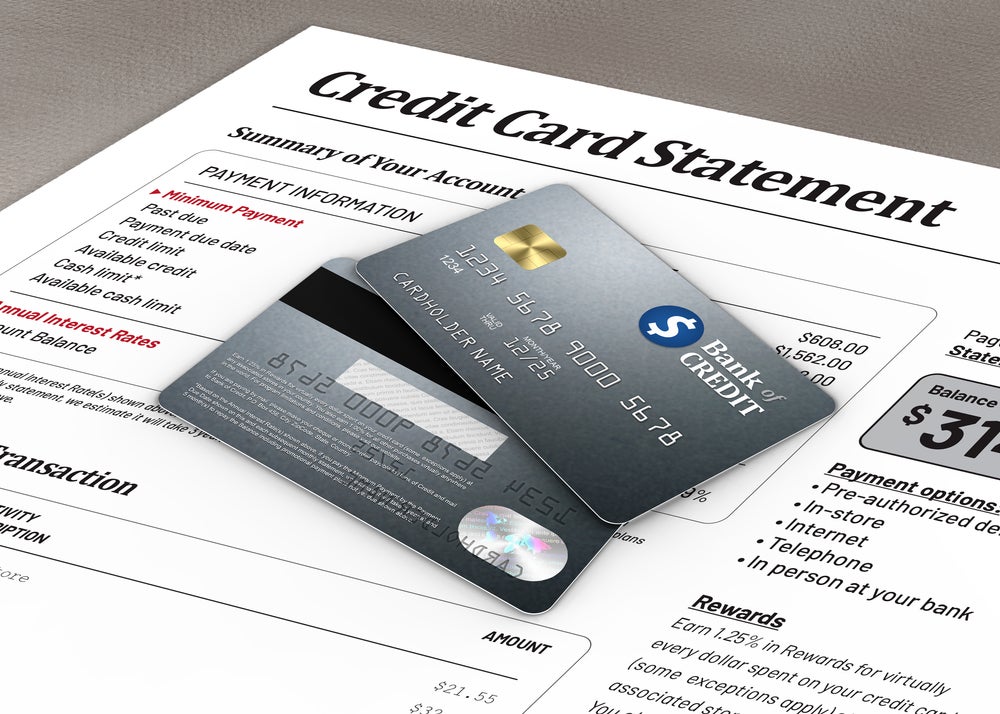The payments industry was caught on the hop by an
amendment to an appropriations bill that would require credit card
payments at government agencies to be given the lowest available
market interchange fees. The surprise move has seen consumer groups
pushing for further reform. Charles Davis reports.
No sooner had the ink dried on
landmark financial reform legislation that includes provisions to
regulate interchange fees paid by retailers and their customers
each year, than Senator Dick Durbin, who spearheaded the
interchange effort, mounted another legislative effort that raises
the bar even higher.
Durbin, an Illinois Democrat,
caught the payments industry by surprise when he added an amendment
to an appropriations bill that would require credit card payments
accepted at government agencies to be given the lowest available
market interchange rates.
Lowest unit rates traditionally
have been the sole province of the nation’s largest retailers and
supermarket chains, which have the clout to demand preferred rates.
While the amendment only covers a small slice of the credit
payments market, it is widely viewed as a shot across the bow, a
portent of things to come.
Durbin’s success in inserting a
measure into the regulatory reform legislation enacted over fierce
lobbying requiring the Federal Reserve Board to regulate debit card
interchange fees has the National Retail Federation (NRF),
congressional Democrats and consumer groups poised to push for
broader reform.
How well do you really know your competitors?
Access the most comprehensive Company Profiles on the market, powered by GlobalData. Save hours of research. Gain competitive edge.

Thank you!
Your download email will arrive shortly
Not ready to buy yet? Download a free sample
We are confident about the unique quality of our Company Profiles. However, we want you to make the most beneficial decision for your business, so we offer a free sample that you can download by submitting the below form
By GlobalData
‘The fight isn’t
over’
“This is a dramatic first step in the fight to control rising
credit and debit card fees and has tremendous potential for
savings, but we know the fight isn’t over,” said NRF president and
CEO Matt Shay.
“Big banks lobbied hard to keep
this legislation from becoming law and we fully expect them to put
pressure on the Federal Reserve as it drafts the regulations
intended to result in the ‘reasonable’ debit card fees sought by
Congress.”
The newly enacted financial reform
bill includes an amendment sponsored by Senator Durbin that
requires the Federal Reserve to set regulations resulting in
“reasonable and proportional” swipe fees for debit cards.
The Fed would be required to
consider banks’ actual costs for processing the transactions and
the fact that paper checks drawn on the same accounts are paid at
face value. The amendment would also bar the card industry from
interfering with merchants who offer a discount or other benefit to
customers who pay by cash, cheque or debit card rather than credit
cards, and would allow merchants to set minimum purchase amounts of
up to $10 for credit cards.
The fate of the Durbin interchange
fee provision is still unclear, however, as Republican committee
members will doubtlessly try to strip it from the appropriations
bill. The bill was quickly approved by the Senate Appropriations
Committee’s financial services subcommittee, which Durbin chairs,
but that in no way guarantees its passage.
The provision was added to the
broader fiscal year 2011 appropriations bill, which the parent
committee began discussing in early August. Congress is expected to
bundle multiple spending bills into one massive piece of
legislation that will likely be addressed next year.
During the subcommittee’s
discussion of the interchange amendment, Senator Susan Collins, a
Republican from Maine, voiced concerns about the provision and
payments industry lobbyists expressed hopes that she will offer an
amendment to strike out the interchange provision or replace it
with a study instead.
Durbin made it clear the Democratic
majority is still intent on increasing regulation of interchange
rates, including for credit cards.
“We did not touch the credit card
interchange fee in the regulatory reform bill,” Durbin said in
announcing the amendment.
“What this bill does is take the
same determination and apply it to credit card purchases for
taxpayers across the country,” he added, estimating the bill could
save the government $25m to $30m a year.
Payments executives have not thrown
in the towel on interchange, however, and vowed to continue to work
to convince Congress that it made a critical mistake in adopting
the debit interchange provision in the regulatory reform bill.
In a hearing of the House Small
Business Committee on 29 July, Robert Oeler, president and CEO of
Dollar Bank in Pittsburgh, said the provision will “wreak havoc on
our bank’s ability to offer reasonably priced products both to
consumers and to small businesses in my community, as the costs of
offering debit cards will not disappear”.
Interchange fees are essential to
help offset the cost of operating checking accounts, Oeler
added.
“Without this income, it becomes
very different for many banks to continue to offer low- and no-cost
current accounts for our customers,” he said.
Fees crucial
Banks large and small argued the fees were crucial to fund the
global infrastructure of plastic transactions. Ron Celaschi,
vice-president of lending at the Clearview Federal Credit Union in
Moon, testified that the credit union already takes a $1m loss each
year on debit transactions – and that trimming revenues would force
him to impose more fees on his customers.
Retailers, meanwhile, have long
argued the rising swipe fees were capricious and put them at the
mercy of Visa and MasterCard.
Jerry Buss, who owns 55 Pizza Hut
franchises in Western Pennsylvania, and Chris Newton, of the Texas
Petroleum Marketers and Convenience Store Association, testified
that retailers would pass the savings of lower fees on to the
consumer.
Newton said that in the extremely
price-sensitive gas market, retailers would use any opportunity
they have to trim prices.
Buss said savings also could be
used to reinvest in the businesses.
“If I could just save the projected
fee increase for this year, I would have 20% of equity of a new
restaurant, or I could buy a new fryer for menu additions, or
remodel an older building,” Buss said.
“In any event, that money would
pass through the economy with multiple effects.”
For now, the retailers’ arguments are finding their way to
lawmakers’ ears.







